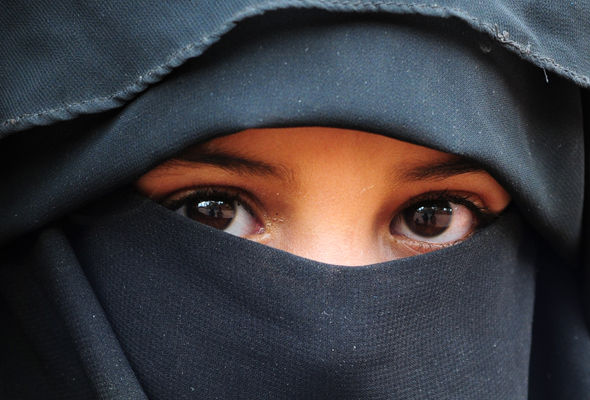The minister of gender equality and child welfare, Doreen Sioka, condemned child marriages in the country, saying it permanently damages the future of the Namibian child.
She made these remarks yesterday at Katima Mulilo during the international women’s day celebrations.
At the same occasion, she also launched the national plan of action for the implementation of the convention on the elimination of all forms of discrimination against women.
The Namibian theme for the day was “From Peace In The Home, To Peace In Namibia: Press for Progress”

“Apart from gender-based violence, we are also faced with the challenge of child marriages in our country. Child marriage is the worst kind of atrocity perpetrated in the name of culture; it is equivalent to murder. It permanently damages the future of an innocent Namibian child, and impunity for such cases is fast coming to an end. The Zambezi region is known for charging high bride prizes (lobola), whereby you would charge 50 head of cattle, and our girls are suffering. If you want to be rich, instead of marrying off your child, send her to school. Wealth through education is permanent,” she advised.
Namibians who are turning a blind eye to child marriages by allowing them to happen in their homes and communities should be ashamed of themselves, she added.
“I am calling upon the nation to work towards eliminating child marriages in our society. We, as the line ministry, have conducted a national formative study on child marriages in December 2017 in the Kavango West, Kavango East, Ohangwena, Omusati and Zambezi regions. The purpose was to highlight the state of child marriages in Namibia to inform the development of evidence-based policies, legal reform, resource mobilisation and programming,” she said, adding that the recommendations of the study will be implemented in order to address child marriages.
Sioka further noted that women’s participation in the economic activities of the country are lower, resulting in poverty amongst women being high, adding that a high proportion of households are female-headed.
She then applauded the Namibian government for their efforts to have 50/50 gender representation in parliament, as it currently stands at 40,4% of women in parliament.
“This has resulted in the country being ranked amongst the top African countries which have advanced women into decision- making structures. Namibia also scored well on the 2016 global gender gap index, ranking us at 14 out of 144 countries,” the minister added.
Meanwhile, the executive director of Women’s Action for Development (WAD), Salatiel Shinedima at the same event urged men to stand together with women in whatever way to secure gender equality in Namibia.
Shinedima said the most effective way in which women can exert pressure for equal treatment is by demonstrating their skills and abilities to produce work of an excellent nature to their supervisors because failure to do so will provide an opportunity to sceptics about women’s abilities in general.

